Engineering and Technology
Explore Engineering and Technology
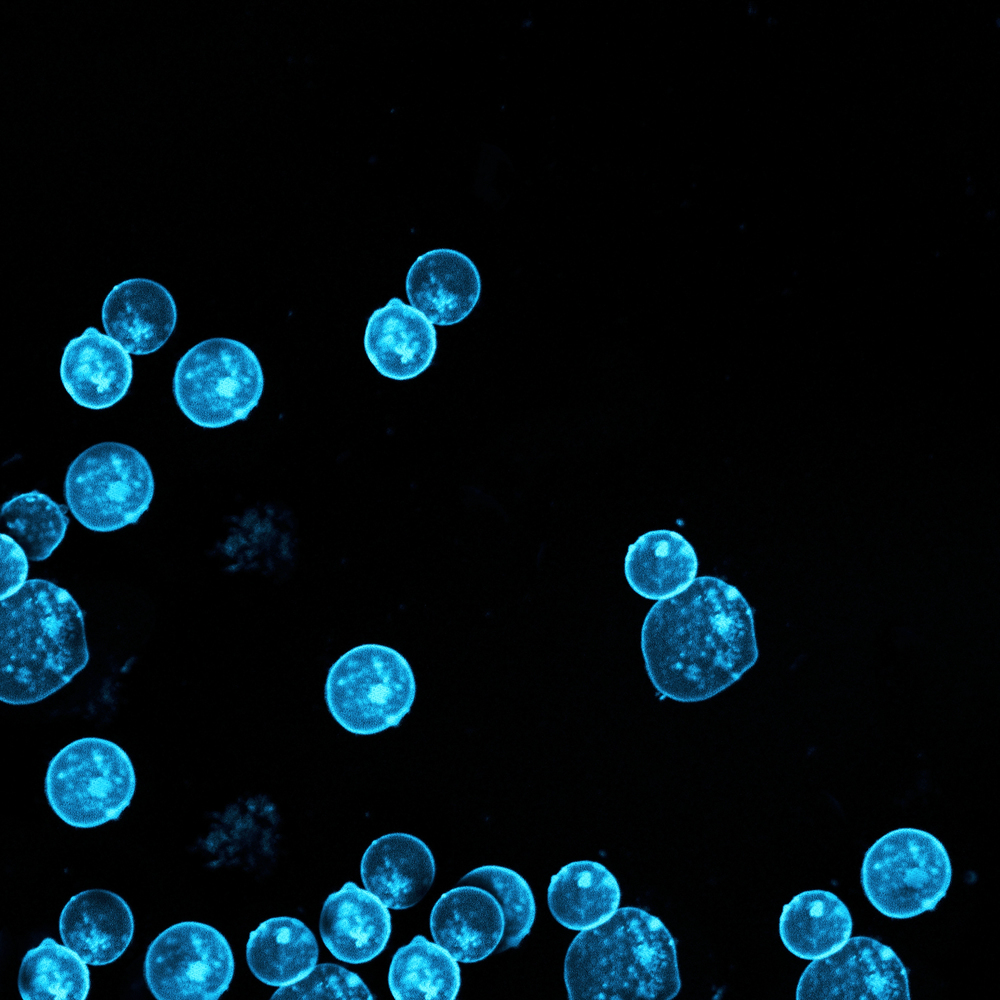
Lixiang Zhang | Seeing the Full Picture: The CPS-Merge Approach to Assess Complex Datasets
In the age of big data, and particularly in specialisations such as artificial intelligence, biology, and medicine, researchers often generate large and complex datasets that are challenging to analyse. This is particularly true for multi-view data, otherwise known as multimodal data, which are data that encompass multiple perspectives concerning a single entity or phenomenon. In the case of single-cell genomics, for instance, researchers can measure a huge range of different characteristics concerning an individual cell, such as RNA expression levels or protein levels. While multi-view datasets provide vast amounts of information, they are difficult to analyse because looking at each type of data within them provides only a small part of the overall picture. A new computational approach called Covering Point Set-merge analysis, or CPS-merge analysis for short, has been developed by Lixiang Zhang of Pennsylvania State University and colleagues, and it aims to assist researchers to merge the different types of data present in multi-view datasets into one coherent and meaningful set of results, without misrepresenting the individual contributions of each type of data.

Dr Elek Pafka | Mapping urban density from the neighbourhood to the metropolis
So far, approaches to mapping the density of cities have often been oversimplified, causing them to overlook many key aspects of everyday urban life. Through his research, Dr Elek Pafka at the University of Melbourne introduces two new metrics for measuring urban density, which better capture its complex, multi-scale variations. His research offers deeper insights into how people experience and interact with cities, and could lead to new strategies to make our cities more productive, sustainable, and better places to live.
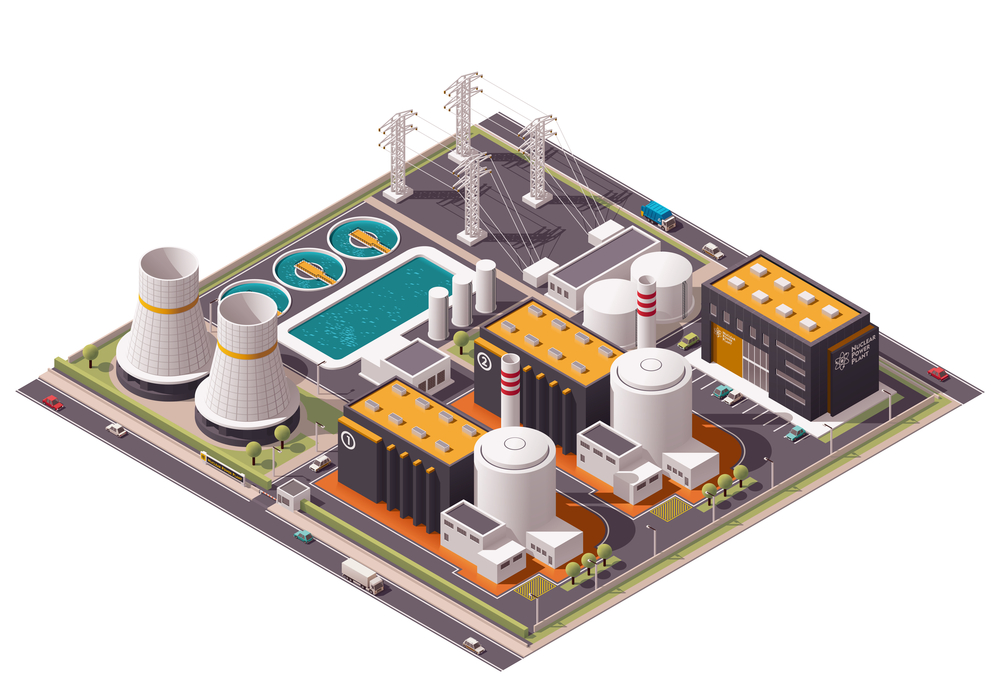
Dr Di Yun | Lessons from Tai-Chi could make Travelling Wave Reactors a reality
In principle, travelling wave reactors offer a safe, highly efficient approach to generating nuclear power. However, development has been held back by a variety of challenges linked to the need for extensively high burn-up in the reactor core, meaning very high rates of generated energy which can damage the reactor. Inspired by the principles of Tai-Chi, a team led by Di Yun from Xi’an Jiaotong University has shown that with the right approach, a high temperature operation, usually deemed as a threat, can be transformed into useful advantages, bringing the practical rollout of travelling wave reactors one step closer to reality.
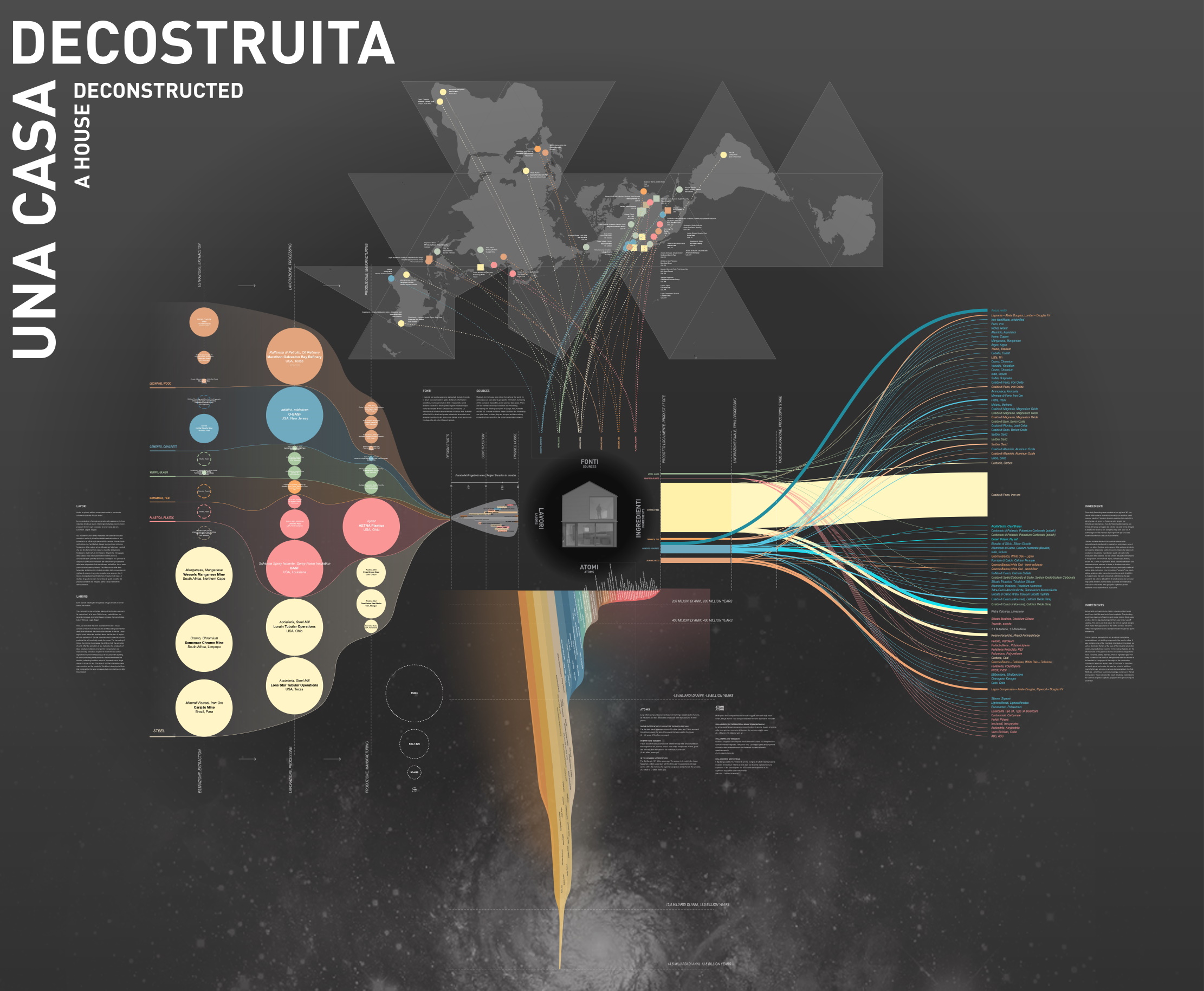
Professor Mark Jarzombek | A House Deconstructed: Uncovering the Hidden History of the Modern House
The full extent of the labour and resources which go into creating a modern house is hidden deeply within the buildings we call home. Professor Mark Jarzombek of MIT and Professor Vikramaditya Prakash of the University of Washington are co-founders of the Office of Uncertainty Research, a research collaboration that is dedicated to rethinking architecture in a modern context. Through their research, Jarzombek and Prakash investigate these hidden stories by exploring the history of a recently built modern house in Seattle. Their findings reveal that the presumed transparency of modern architecture conceals deep ethical and environmental challenges, inspiring a call for a critical reassessment of how our current construction practices should be understood and approached.
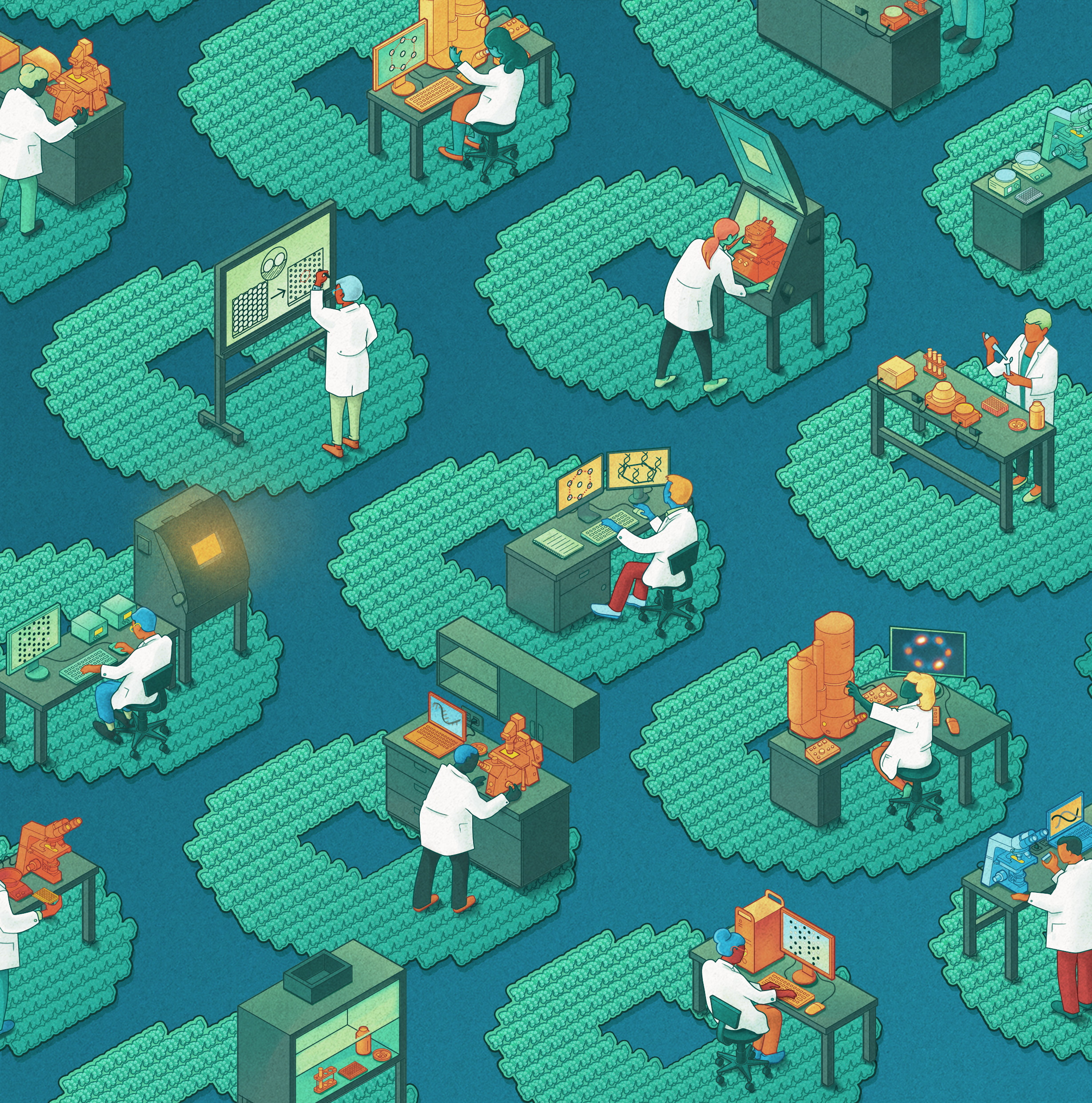
Dr Rishabh Shetty | A Novel Method for Standardizing Single Molecule Studies
Studying single molecules provides researchers with unique insights into biological mechanisms and processes and allows them to visualise microscopic structural and functional differences. However, results can be unpredictable, and investigations are labour-intensive and expensive, often requiring extensive training and highly specialised laboratory equipment. Dr Rishabh Shetty and colleagues at Arizona State University, the California Institute of Technology, and the Massachusetts Institute of Technology, USA, have recently developed a simplified single-molecule assessment technique to overcome these limitations with a view to increasing accessibility and precision in molecular-level research.

Dr Marius Nagy – Dr Naya Nagy | Is a Problem Solvable or Not? Quantum Deciders Outperform Classical Ones
Today, the success of businesses and technologies relies on their ability to make quick decisions to address complex problems. To make matters more complex, these problems often involve a vast amount of data. Dr Marius Nagy at Prince Mohammad Bin Fahd University, together with Dr Naya Nagy, Imam Abdulrahman Bin Faisal University, investigate the ability of quantum computers to act as an ‘oracle’, and provide quality decisions even after just one invocation. Dr. Nagy and Nagy showed that quantum oracles give richer decision proposals and outperform classical computing oracle versions.
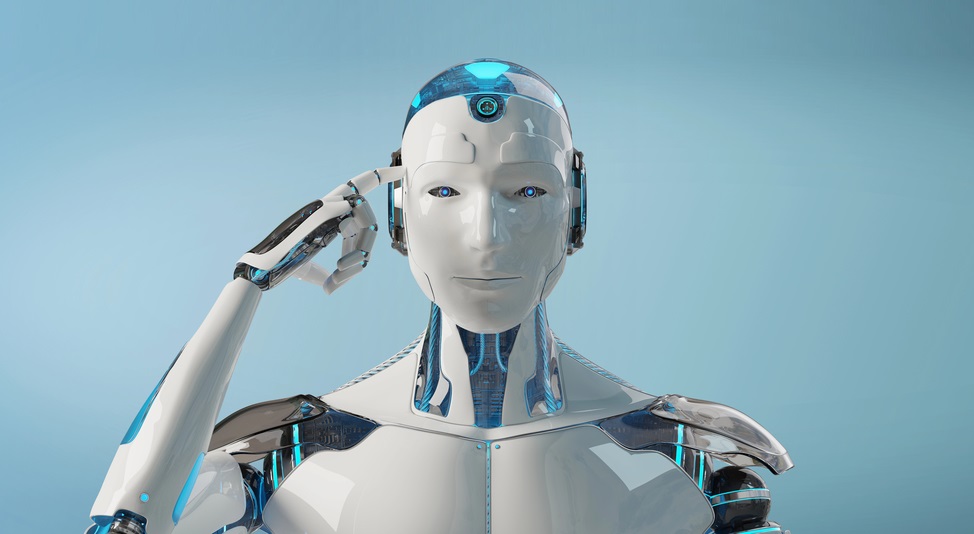
Professor Steven Brams | A Game That Stymies AI
AI appears all-powerful when playing sophisticated games such as Chess and Go against human opponents. Moreover, recent developments in AI have allowed it to summarize bodies of complex text, generate images and even video. These developments come with warnings that AI could replace many jobs, undermine democratic elections or even pose a threat to the existence of humanity. However, AI is largely based on observing and learning patterns; so, what happens when there are no patterns? Professor Steven Brams of New York University and colleagues have analyzed the potential of beating AI when playing a deceptively simple game called Catch-Up, simply by making random moves.

Professor Pei Wang | Defining AI to Ensure Effective Research and Policymaking
Artificial intelligence – or AI – is receiving increasing attention for its rapid development and potential to change society. Researchers are working hard to develop its capabilities, while regulators are racing to ensure it is managed and governed properly. But what do we mean by AI, and how can we define such a complex term? In a recent paper, Professor Pei Wang at Temple University argues that the lack of an agreed definition makes it difficult for policymakers to assess what AI will be capable of in the near future, or even which kinds of AI are desirable. To combat this, he discusses what makes a robust definition, and suggests his own.

Dr Elif Miskioğlu | Assessing the Value of Intuition for Solving Complex Engineering Problems
Experienced engineers are typically equipped with advanced technical knowledge and a unique professional skillset. These skillskets are often paried with impressive intuition, which allows engineers to devise solutions to complex real-world problems. Engineering faculty at Bucknell University, Embry-Riddle Aeronautical University, and The Ohio State University recently engaged in important research to further our understanding of intuition in engineering practice.

Dr Abheetha Peiris | An Innovative Approach to Strengthening Steel and Concrete Structures
As they age, steel and concrete structures often need to be retrofitted. One such way of strengthening is with Carbon Fibre Reinforced Polymer – or ‘CFRP’ – laminates. For certain applications, however, this can be a difficult and time-consuming process, and the resulting laminates are prone to debonding. In his research, Dr Abheetha Peiris at the University of Kentucky developed a new type of strengthening in the form of CFRP strip and rod panels. The panels can slot together seamlessly – making them less prone to failure, and far easier to assemble. Through a series of experiments and field applications, he revealed how the new method can be applied for retrofitting both steel and concrete structures.

Thomas Kleinig | Preventing Satellite Collisions with Ionospheric Drag
Satellites are vital to modern civilization, powering the GPS in our phones, enabling long-range communication, and giving us insights into Earth’s climate and the universe beyond. We now launch thousands of new satellites into space each year, dramatically increasing the risk of collisions. Such satellite collisions create debris that can damage more satellites. Thomas Kleinig and his colleagues are developing and testing a new approach to avoid collisions by exploiting a unique property of the thin atmosphere that satellites travel through.
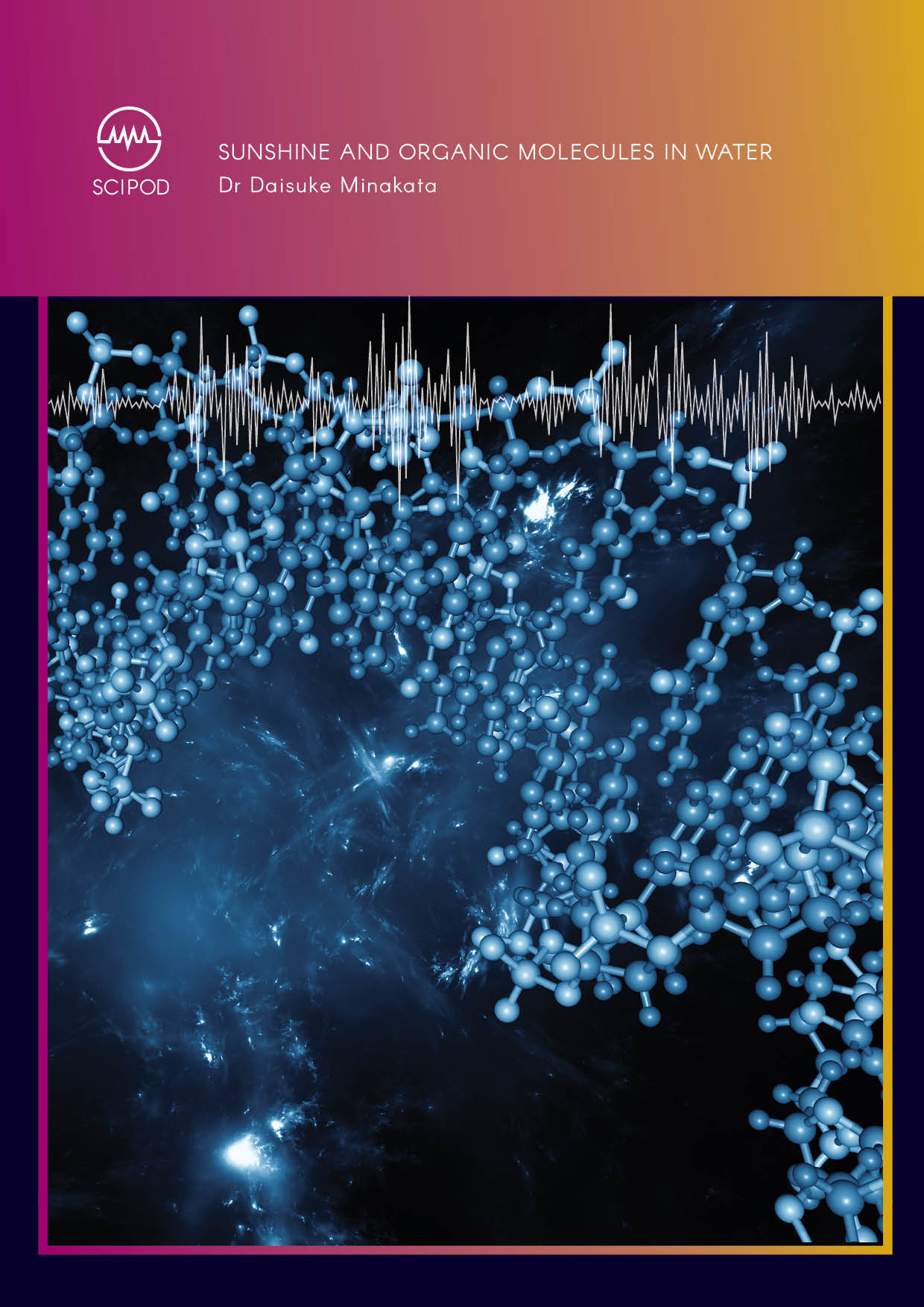
Dr Daisuke Minakata | Sunshine and Organic Molecules in Water
Organic molecules dissolved in rivers, lakes, seas and oceans are essential to plant and animal life. Some of these molecules are also degraded and enter a complex cycle of carbon, nitrogen and sulphur containing compounds. Surprisingly, scientists currently have a limited understanding of the fate of these molecules. Dr Daisuke Minakata and his colleagues from Michigan Technological University are involved in an ambitious programme to overcome this critical knowledge gap.
Increase The Impact Of Your Research!
Explore partnership opportunities
Stay Up To Date With SciPod
Subscribe to receive our latest SciPods straight to your mailbox
